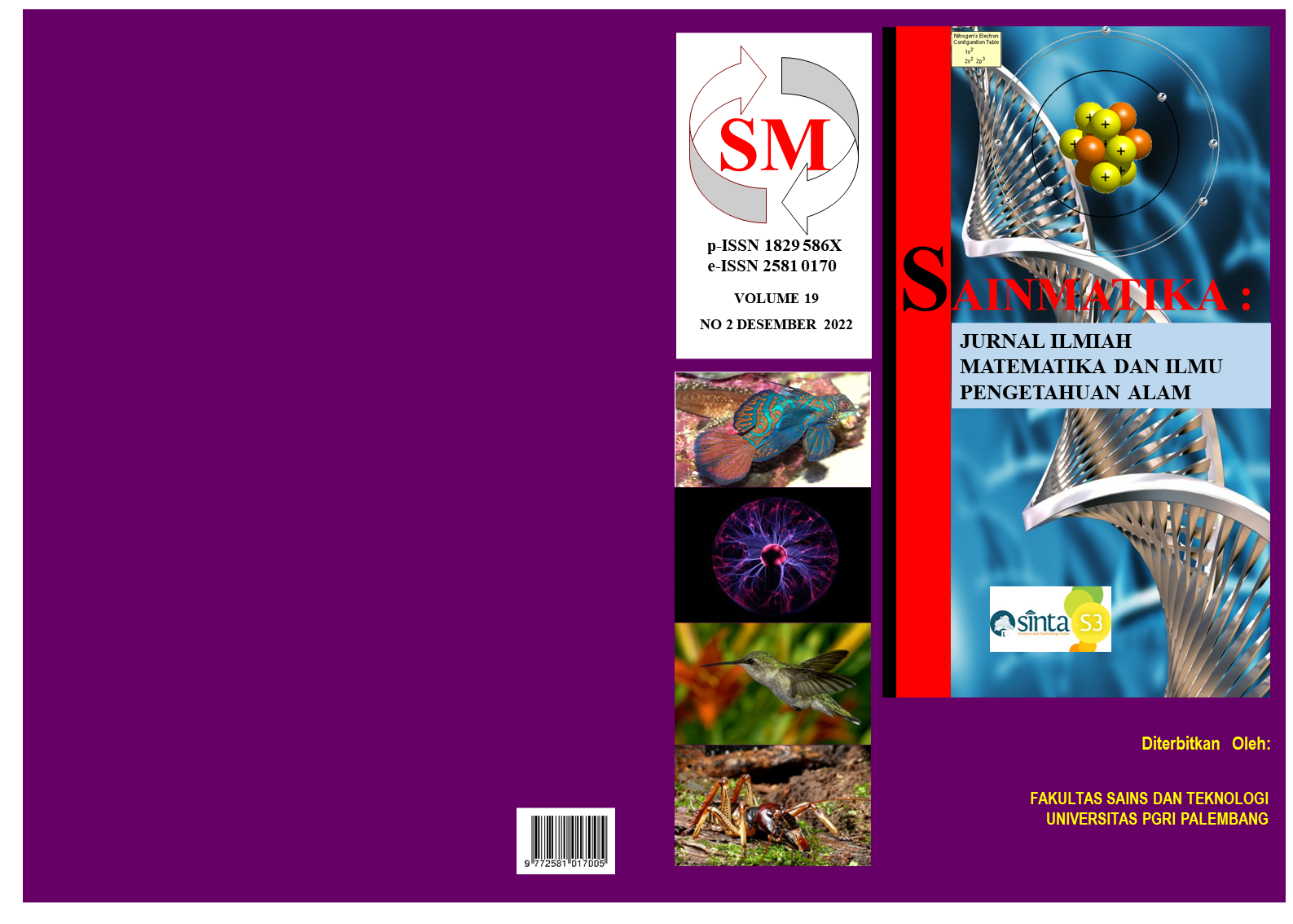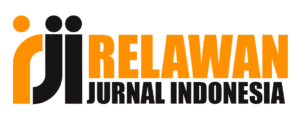Geographically Weighted Regression dalam Menganalisis Faktor-Faktor yang Mempengaruhi Kasus Tuberkulosis di Sumatera Utara
DOI:
https://doi.org/10.31851/sainmatika.v19i2.9020Keywords:
adaptive kernel bisquare, spatial effects, geographically weighted regression, tuberculosisAbstract
Geographically Weighted Regression (GWR) is a method used to analyze a case by considering spatial effects. Spatial effects indicate differences in environmental characteristics between regions. A spatial effect can be seen from the violation of the assumption of the multiple linear regression homoscedasticity test. Research in the health sector often shows that the spread of disease, especially infectious diseases, is influenced by spatial effects, one of which is tuberculosis. In 2020, North Sumatra will become one of the areas with high tuberculosis cases, so it is necessary to study tuberculosis cases and determine the factors that influence it by involving spatial effects. This study aims to model tuberculosis cases and analyze the ten factors thought to influence it using the GWR method with the adaptive kernel bi-square weighting function. The results showed that 23 regencies/cities had local GWR models and different factors influencing tuberculosis cases for each region, and ten other regencies/cities were influenced by other factors outside the variables studied. Based on the variables that affect it, 13 regional groups are formed. Modeling with the GWR method can explain tuberculosis cases in North Sumatra by 99.4%, and other predictor variables influence the rest.









